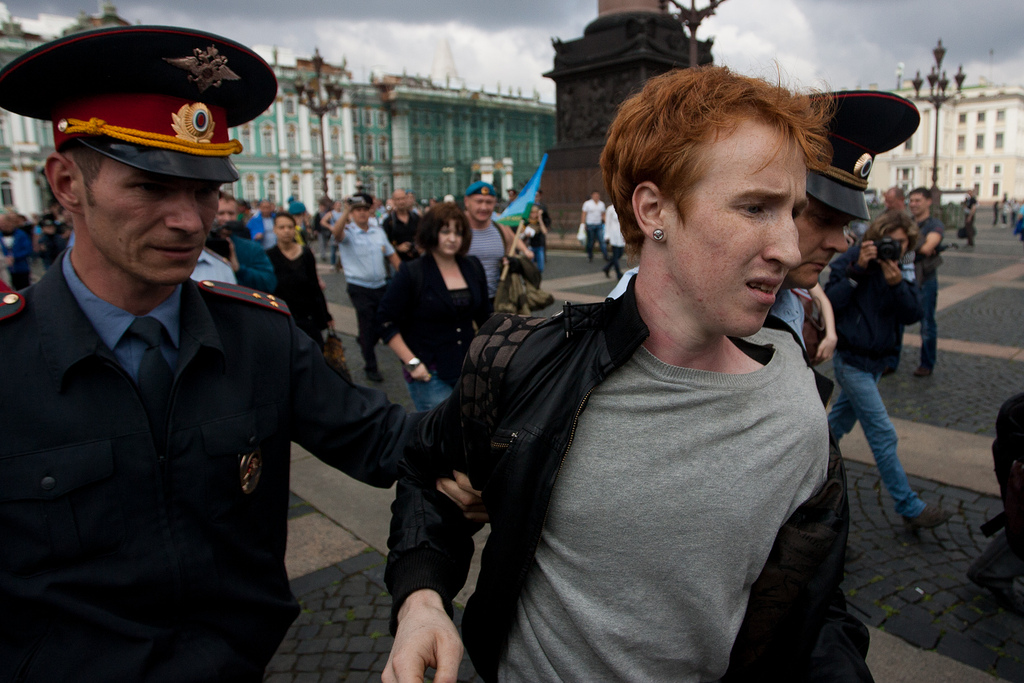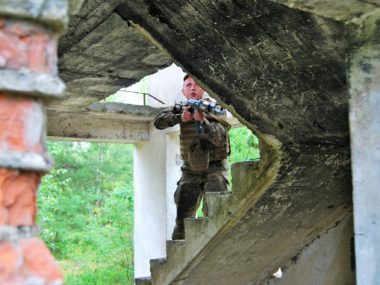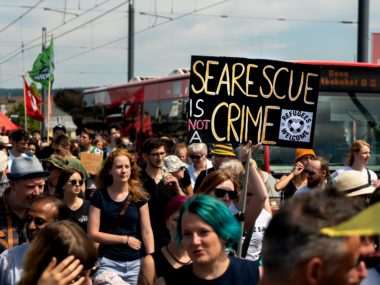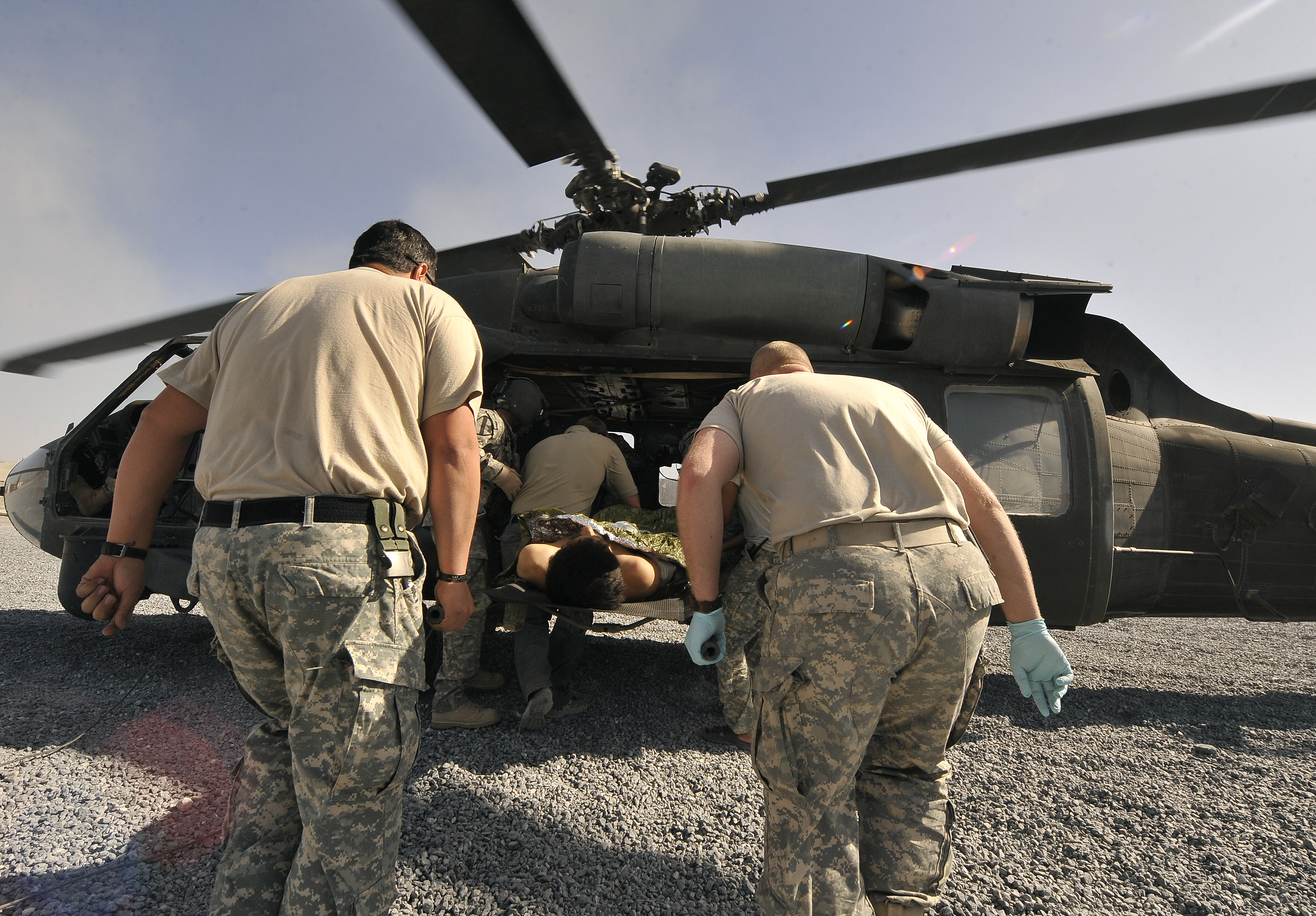
Hosting the 2014 Winter Games is clearly valuable to President Putin and his government — at the very least, someone paid dearly to convince the International Olympic Committee to host the Games in such an unlikely place. And yet, Moscow’s recent anti-gay legislation tarnishes the Games and threatens to turn them into a highly politicized event.
Moscow has made it illegal for any person to discuss gay rights and relationships anywhere near children. This has drawn backlash from numerous countries and athletes and caused some to consider boycotting the games. This legislation (and its timing) is especially puzzling given how the Russian govenrment intends to enforce it. Moscow has promised that there will be no “danger” to visitors to the Olympics, but it has also promised to uphold all federal laws during the Games no matter who commits the crime
So today’s puzzler is this: Why would President Putin support anti-gay laws the year before a big international event knowing the international backlash that was likely to follow? What does he gain by both threatening prosecution and then also promising to leave non-Russians alone?







3 comments
I can think of many different reasons, and probably some mix of them.
Putin and the Russian government might feel some vulnerability on the international stage and see a need to reinforce their national sovereignty.
Homophobia probably is fairly entrenched in Russia and the Russian government.
Putin must be feeling vulnerable in domestic politics and is desperate for conservative, right wing, religious credentials considering the inefficiency and disunity of the political party he’s associated himself with and the deep corruption in the Russian state (things like this are making me suspect that the Russian government probably fits Slater’s description of a predatory regime more than anything else).
The Russian government hasn’t shown itself to be a unified, coordinated state with bureaucrats and elected officials working closely to determine policy and priorities.
I’m no expert on Russian politics, but my guess would be that this lets Putin gain points domestically by denouncing what is unfortunately still perceived as a largely Western cause (rights for gay people) with, unlike other issues like Russian gas diplomacy, little risk of long-term diplomatic harm.
Actually, to understand the answer to this question one would need to contextualize this into Putin’s broader repressive campaign. Do not forget that civil liberties restrictions are simply one form of state repression. Grant and Taylor hint at it but neither uses the word/concept and thus invokes the appropriate literature. Similar to King et al.’s recent piece in the APSR. They talk about censorship without noting the extensive and relevant work done on repression.